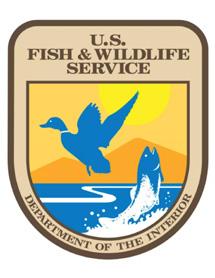

Home For All and LandSignals
5:30 Home For All: Reflecting on 60 years of Wilderness in Wyoming
7:00 LandSignals: Indigenous Interventions and Stewardship Through Art



Home For All and LandSignals
5:30 Home For All: Reflecting on 60 years of Wilderness in Wyoming
7:00 LandSignals: Indigenous Interventions and Stewardship Through Art
Presented by the Wyoming Wilderness Association, the Home for All Wilderness Reflection and panel discussion moderated by Dr. Shane Doyle (Apsáalooke), features five wildlands specialists, including agency managers, Tribal representatives, and regional researchers, who will share what Home For All means to them. The panel will explore the challenges and opportunities in wildland conservation and provide a diverse and insightful look at the past, present, and future of Wyoming’s public wildlands.
Panelist Colleen Friday is a member of the Northern Arapaho Tribe and from the Arapahoe community of the Wind River Reservation. She is a Wind River Conservation Organizer for the Greater Yellowstone Coalition supporting Indigenous conservation priorities such as water, buffalo restoration, treaty rights, and ancestral foods. Colleen holds degrees in Rangeland Ecology and Watershed Management / Environment and Natural Resources. She conducted a vegetation inventory of two high-elevation basins in the Wind River Mountain range and connected several inventoried plants with the Eastern Shoshone and Northern Arapaho names and uses.

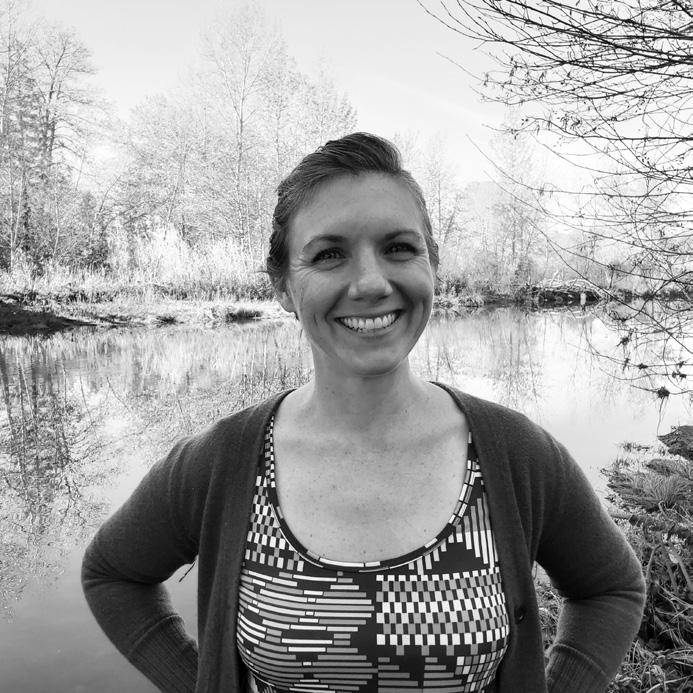
Panelist Lauren Redmore is a Research Social Scientist with the Aldo Leopold Wilderness Research Institute (ALWRI) where her work focuses on sustaining living connections to wilderness, collaborating for inclusive wilderness management, and improving wilderness relevancy and access. Lauren holds a Bachelor’s degree in Biology and Religion from Dickinson College and an M.S. in Forest Resources from Oregon State University. Lauren worked in conservation in Cameroon from 2009-2015 before getting her Ph.D. at Texas A&M studying human-elephant interactions in Botswana. Lauren worked for many years in the non-profit sector, bringing experiences in program evaluation, project management, and policy analysis in parks, protected areas, and other conservation landscape contexts.
Panelist Linda Merigliano is a recreation/wilderness program manager and serves on the forest plan revision team for the Bridger-Teton National Forest in Jackson. She was drawn to the area in 1979 while volunteering in the Teton Range backcountry and over the years has led several recreation planning efforts,
served on Interagency Wilderness Character Monitoring Committee, taught courses for the Arthur Carhart National Wilderness Training Center, and served on the Interagency Visitor Use Management Council. Working on behalf of the land and people continues to be a passion with focus on visitor use planning, partnerships, public engagement, and promoting responsible, respectful use.
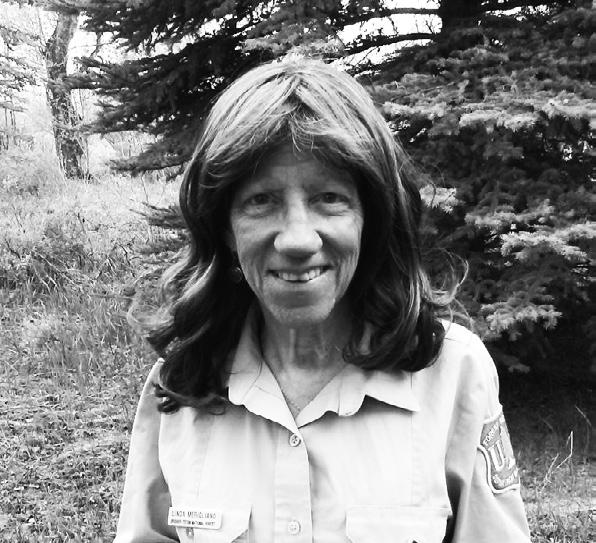
Panelist Nolan Daris Brown (Shoshone-Bannock tribal member and Anishinaabe descendant) is the Original Territories and Historical Research Manager for the Shoshone-Bannock Tribes, having worked in this area since 2017. He assists in tribal historical and general research projects, documenting cultural and historic sites within the Tribes’ original lands, and coordinating educational and interpretive endeavors for the tribal membership and general public. Brown’s work has involved projects with several collaborating state and federal agencies and non-governmental organizations.

Panelist Iva Moss is an Arapahoe Youth Educator, currently working on her Ph.D. in Curriculum and Instruction with a research emphasis on how Arapaho Knowledge Systems and STEM education are intertwined. She works as a research consultant for the Northern Arapaho Tribal Historic Preservation Office and teaches Native American Studies as an adjunct professor for Central Wyoming College. Moss brings experience working with the National Park and Forest Service, understanding how policies align with Indigenous Stewardship models.


Moderator Dr. Shane Doyle (Apsáalooke) is the executive director of Yellowstone Peoples, a Tribally led nonprofit organization that connects Tribal communities with the Yellowstone National Park and Greater Yellowstone Ecosystem through an annual Intertribal Tipi Village. Doyle is also an independent contractor who serves as a Tribal consultant and public lands advocate for conservation nonprofit groups, and a research scholar for Montana State University. Shane hales from Crow Agency and currently lives in Bozeman, MT.
Discussion will center on how art can encourage connection to the land; how Indigenous lifeways and thinking inform place and practice; as well as how cultural and artistic stewardship align to intervene in public spaces in pursuit of envisioning a future that authentically includes Indigenous voices and knowledge to better steward the natural resources and cultural heritage of the Greater Yellowstone Ecosystem.
Panelist Rachel Olivia Berg (Mnicoujou Lakota, Mexican, German) works in diverse media as an artist, teacher, and the founder of LivArtfully Design Studio. Graduating from Princeton University and Columbia University Teachers College, since 2004 she has designed and fabricated custom large scale commissions in commercial projects across Turtle Island. Berg expanded her studio practice in 2023 to engage with research based methodologies that explore Indigenous ontologies, histories, healing, and cultural relationships to nature and ecology. Berg was a 2023 Emerging Artist Fellow with the Ann Street Gallery in Newburgh, NY. She is an enrolled member of the Cheyenne River Sioux Tribe.


Panelist Nani Chacon is a Dine (Navajo) and Chicana artist, most recognized as a painter and muralist. Chacon was born in Gallup, New Mexico and raised on the Navajo reservation and in New Mexico. She is currently based in Albuquerque, New Mexico. Chacon’s most notable works have been within the public arts sector, in which she has a cumulative experience of over twenty years. Her practice includes other mediums and a developed aptitude in painting, illustration, installation, and design. Chacon’s public works facilitate social engagement and community-based integration, elevating her personal philosophy that art should be accessible and a meaningful catalyst for social change.
Panelist Marlena Myles is a self-taught Spirit Lake Dakota artist located in St Paul, Minnesota. Her art brings modernity to Indigenous history, languages and oral traditions while using the land as a teacher. Her professional work includes children’s books, augmented reality, murals, fabrics, animations. She has installed three site-specific augmented reality public art installations: the Dakota Spirit Walk (Saint Paul), the Sacred Hoop Walk (Minnesota Landscape Arboretum) and the Wodakota Walk (Caponi Art Park).

Panelist Ben Pease is enrolled with the Northern Cheyenne Tribe. He is a member of the Crow Indian Reservation’s Valley of the Chiefs District. He belongs to the Newly Made Lodge Clan and is a child of Newly Made Lodge. Pease has exhibited his work in Germany, Brazil, Italy, Canada, and the United Arab Emirates. In 2022, Pease was awarded the Executive Editor’s Choice Award from the Western Art Collector Magazine in conjunction with the C.M. Russell Museum. In 2023, the New York Historical Society Museum opened the major exhibition Nature, Crisis, Consequence, featuring Pease alongside Albert Bierstadt. Pease lives with his family in Billings, MT.


Moderator Ninabah Reid Winton (Diné) is an independent curator and scholar of contemporary art, currently pursuing an MA in Art History at Arizona State University. She has served on curatorial teams for notable exhibitions such as Color Riot! How Color Changed Navajo Textiles (Heard Museum, 2018), Seral Bodies (Northlight Gallery, 2023), and curated Everything is a Little Fuzzy (ASU Art Museum, 2023). Winton’s research focuses on contemporary craft and design, with a special interest in textile and fiber production, material and labor economies, and audio art. She lives and works in Phoenix, Arizona.




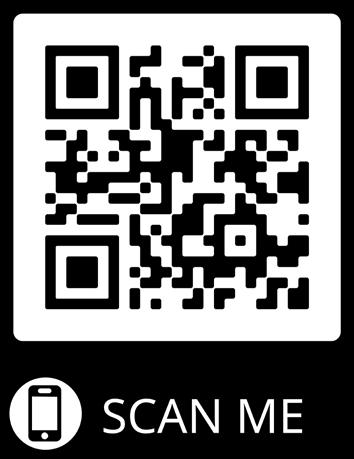
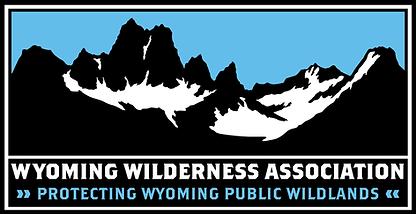


This event has been made possible in part with a grant from the Wyoming Humanities Council.
Thank you: Mary Armour, Agnes Bourne, Petria and Scott Fossel, Leslye and David Hardie, Kate Jensen, Carrie F. Kirkpatrick DA Fund of CFJH, Marshall and Veronique Parke, Katrina and Brandon Ryan, and Christy Walton.
Thank you to all of the LandSignals partners and sponsors:






